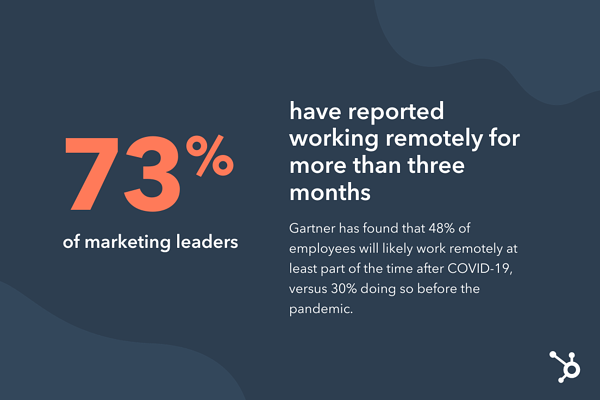‘The pandemic has proven it’s doable’: Inside Pepsico’s flexible-working model
For PepsiCo, there’s no going back.
The 80,000 office workers the food and beverage giant employs worldwide, will never again have a traditional, 9-to-5 working week. Instead, the business has empowered its managers to determine which of their team members are needed in the office and when, and what work can be completed remotely, on a project-by-project basis.
This “Work that Works” strategy has taken eight months to plot and is currently being rolled out gradually across its 200 offices as they reopen in phases across different geographies. Last spring, the company started to monitor employee productivity and sent out regular internal surveys to gauge worker morale. Via its software infrastructure the company could see how and when people worked, and in what timeframe tasks were completed (on an anonymous basis) and compared them with pre-pandemic work levels when everyone was in the office.
The result was that the executive leadership team was able to see evidence that for maximum efficiency across its workforce, employees needed approximately 2.5 days in the office while the rest could be done more efficiently remotely, according to Sergio Ezama, chief talent officer and CHRO at PepsiCo who led the program.
“We don’t care about how the sausages are made. If you can do your job sitting on the beach in Bermuda drinking a Margarita, good for you,” said Ezama. “We care about outputs — this company is about outputs and value creation. So if there is a better way to do that, where the output is actually better and in the process, people have better lives, can spend more time with families, then that’s great. And this pandemic has proven that it’s doable. [Before] we were limiting ourselves with stereotypes from the past.”
Like many dads, Ezama saw his kids (aged 10 and six years old) in short windows — racing home to make it in time for dinner and bed — before the pandemic forced the world to adopt remote working en masse. Now, he drops them off at school every day, has lunch with his wife, and is a lot more hands-on in the daytime, because he can be more fluid about which hours he works. “I was a weekend dad before. So, Monday to Friday I was not much of a father I guess. I can spend a lot more time with my wife and kids and with the knowledge that no one will be judging [for not being constantly in the office].”
Ensuring managers lead by example
PepsiCo’s strategy relies entirely on its managers making good decisions about when and how their team can work. And for that reason it’s vital that they not only lead by example and work days remotely themselves, but also undergo training around how not to unconsciously reward or favor those who are in the office over those who are at home, according to Ezama. If not, proximity bias will take root.
Managers and teams will need to communicate clearly to establish their operational cadence, he added. …read more
Source:: Digiday





